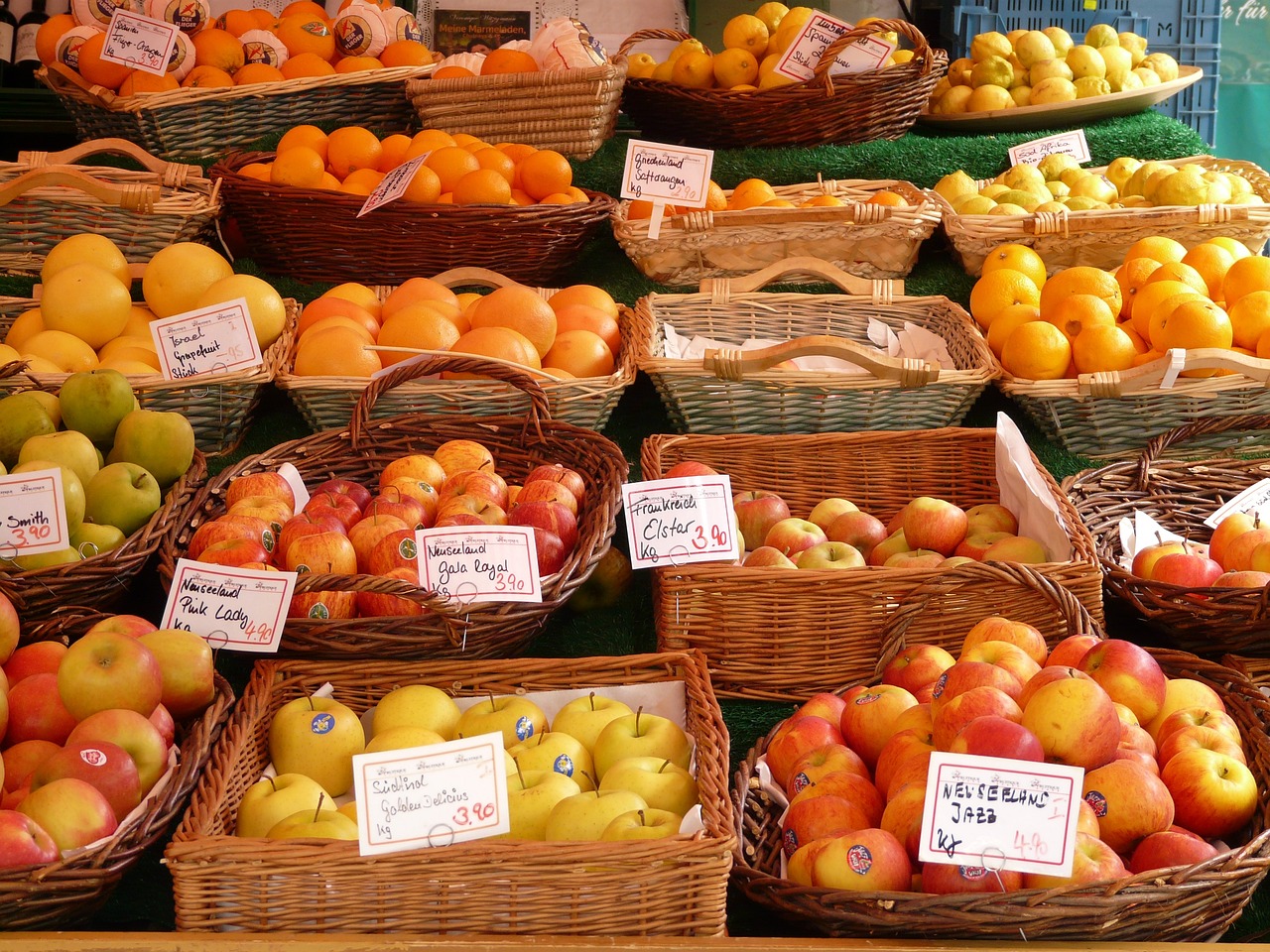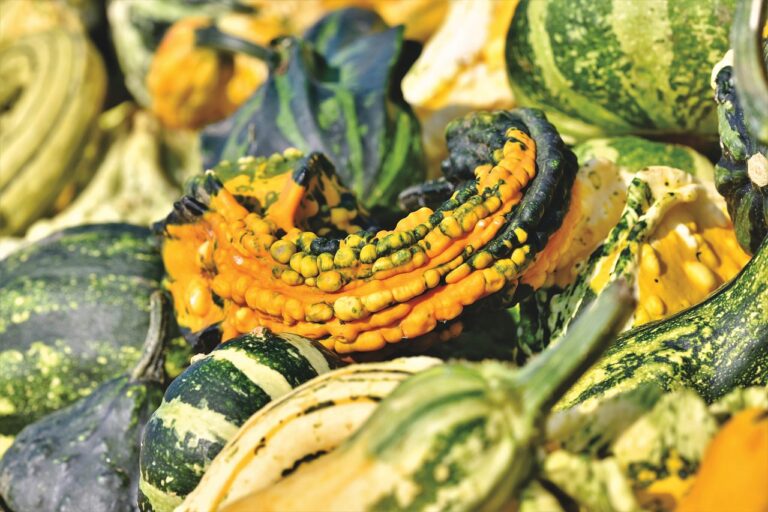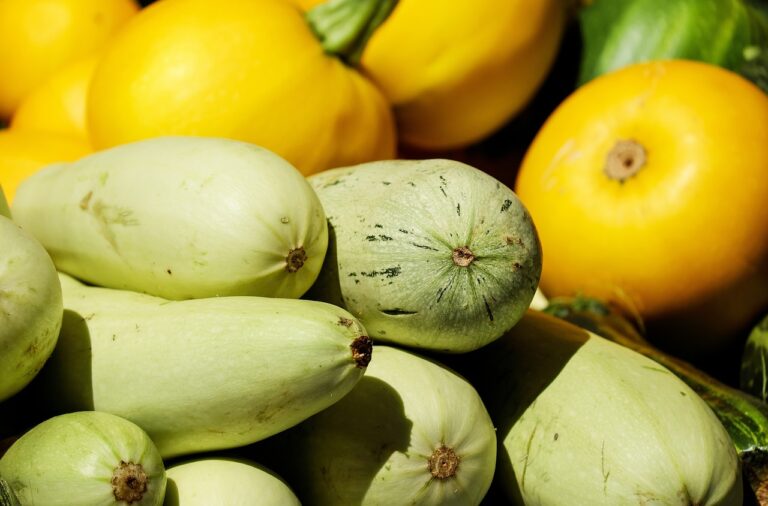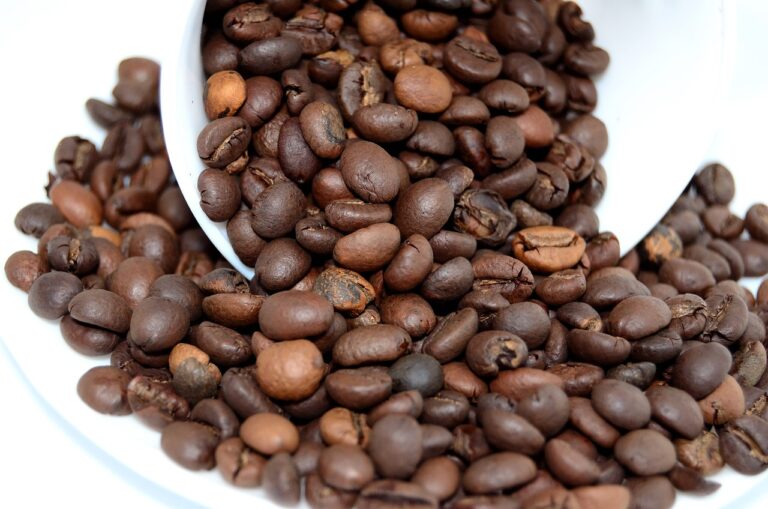Food Safety Testing Beyond the Laboratory: Field Testing Solutions
11xplay.online login, laser book 247.com, tigerexch247: Food safety is a critical concern for consumers, food producers, and regulatory bodies alike. Ensuring that the food we eat is free from harmful contaminants and pathogens is essential for protecting public health and maintaining consumer confidence in the food supply chain. Traditional food safety testing methods typically involve taking samples from production facilities and sending them to a laboratory for analysis. While these methods are effective, they can be time-consuming and costly.
Fortunately, advancements in technology have led to the development of field testing solutions that offer a more efficient and convenient way to test for food safety. Field testing solutions allow food producers to quickly and accurately test their products for a variety of contaminants, including pathogens, pesticides, and heavy metals, without the need to send samples to a laboratory. In this article, we will explore the benefits of field testing solutions for food safety and discuss some of the key technologies that are being used in this area.
The Benefits of Field Testing Solutions for Food Safety
Field testing solutions offer a range of benefits for food producers and consumers alike. One of the key advantages of field testing is the speed at which results can be obtained. Traditional laboratory testing can take days or even weeks to produce results, whereas field testing solutions can provide results in minutes or hours. This rapid turnaround time allows food producers to quickly identify and address any potential safety issues before their products reach consumers, reducing the risk of costly recalls and protecting public health.
In addition to speed, field testing solutions also offer increased flexibility and convenience. With portable testing devices, food producers can perform on-site testing at any point in the production process, from raw materials to finished products. This real-time testing capability allows for immediate corrective action to be taken if any contaminants are detected, helping to prevent contaminated products from entering the food supply chain.
Another significant benefit of field testing solutions is cost savings. By eliminating the need to send samples to a laboratory for analysis, food producers can reduce testing costs and save time on shipping and handling. Additionally, field testing solutions can help to streamline the testing process and improve overall efficiency, allowing food producers to allocate resources more effectively and increase productivity.
Key Technologies in Field Testing Solutions for Food Safety
There are several key technologies that are commonly used in field testing solutions for food safety. One of the most widely used technologies is molecular testing, which involves the detection of specific DNA or RNA sequences to identify pathogens such as bacteria, viruses, and parasites. Molecular testing methods, such as polymerase chain reaction (PCR) and loop-mediated isothermal amplification (LAMP), offer high sensitivity and specificity, making them ideal for rapid and accurate pathogen detection in food samples.
Another important technology in field testing solutions is immunoassay testing, which detects the presence of antigens or antibodies in food samples. Immunoassay tests, such as enzyme-linked immunosorbent assays (ELISAs) and lateral flow assays, are commonly used to detect contaminants such as pesticides, allergens, and mycotoxins. These tests are quick, easy to use, and can be performed on-site without the need for specialized equipment.
FAQs
Q: How reliable are field testing solutions compared to traditional laboratory methods?
A: Field testing solutions can provide comparable levels of accuracy and reliability to traditional laboratory methods, depending on the specific technology used and the expertise of the operator. It is essential to follow proper testing protocols and quality control measures to ensure reliable results.
Q: What types of contaminants can be detected using field testing solutions?
A: Field testing solutions can detect a wide range of contaminants, including pathogens, pesticides, allergens, heavy metals, mycotoxins, and veterinary drug residues. Different technologies are used to target specific contaminants, so it is essential to select the appropriate testing method for the desired analyte.
Q: Are field testing solutions cost-effective for small-scale food producers?
A: Field testing solutions can be cost-effective for small-scale food producers, as they eliminate the need for expensive laboratory testing and can help to prevent costly recalls and potential damage to brand reputation. However, the initial investment in testing equipment and training should be considered when evaluating the overall cost-effectiveness of field testing solutions.
In conclusion, field testing solutions offer a more efficient and convenient way to test for food safety, allowing food producers to quickly and accurately identify potential contaminants in their products. By leveraging the latest technologies in molecular and immunoassay testing, food producers can improve the safety and quality of their products while saving time and reducing costs. As the food industry continues to evolve, field testing solutions will play an increasingly important role in ensuring the safety and integrity of the global food supply chain.







